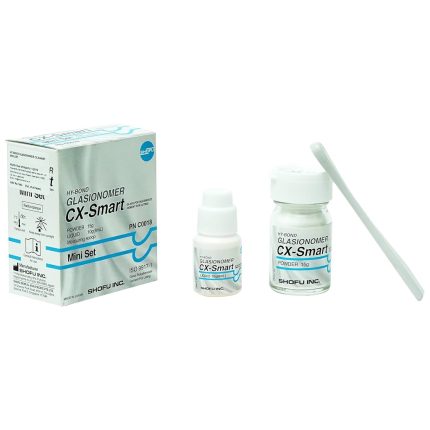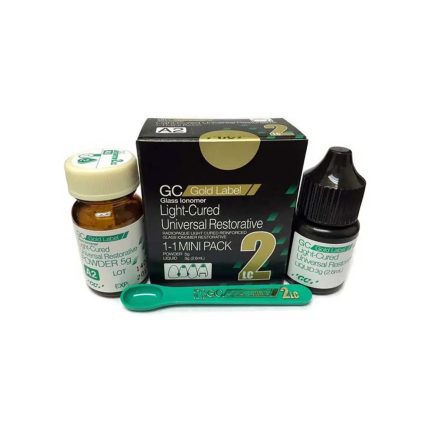Effects of Medicaine inj 2%
Lidocaine reduces the permeability of Na in the nerve cell membrane, helps stabilize the membrane and inhibits depolarization, leading to blocking the generation and conduction of nerve impulses and creating an anesthetic effect. The anesthetic effect of Lidocaine is faster, stronger and longer lasting.
In addition, Lidocaine also has the effect of blocking sodium channels to reduce intracellular sodium to prevent arrhythmia.
Uses – Indications of Medicaine inj 2%
Medicaine inj is indicated for anesthesia.
Pharmacokinetics
After entering the body, Lidocaine will be transformed into metabolites, but these active ingredients have a weaker Na+ blocking effect than Lidocaine. When injected, Lidocaine will decrease according to a bi-exponential function, the initial half-life of the drug is about 8-10 minutes, and the final half-life will be about 100-120 minutes. The effectiveness of the drug depends on the concentration introduced into the body.
Dosage – How to use Medicaine inj 2%
Dosage
Depending on the purpose of treatment, the drug user will have different doses. Patients need to follow the doctor’s instructions and should not arbitrarily adjust the dose to minimize risks.
For anesthesia by injection and conduction: intramuscular injection of about 0.3 to 2 ml lidocaine, depending on the individual.
For drugs used in oral surgery: inject about 3 to 5ml of lidocaine.
Use
Korean anesthetic Medicaine inj 2% is used by intramuscular injection. To ensure safety, the injection process must be performed by professionals with the correct prescribed dosage.
Contraindications
Do not use Medicaine inj 2% for people who are sensitive to the ingredients in the drug.
Contraindicated for patients with cardiovascular disease, hypertension, hyperthyroidism, diabetes, etc.
Medicaine inj is not indicated for patients with a history of hypersensitivity to vasoconstric
Side effects of Medicaine inj 2%
When using Medicaine inj anesthetic, it is inevitable that there will be unwanted side effects. Depending on each person’s body, there will be different responses.
Some common side effects are:
- Allergy
- Dizziness, lightheadedness, nausea
- Severe cases can cause respiratory failure, hypotension, arrhythmia, etc.
If there are any unusual symptoms, notify your doctor for appropriate treatment.












Reviews
There are no reviews yet.